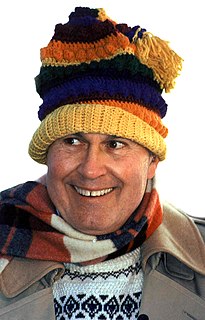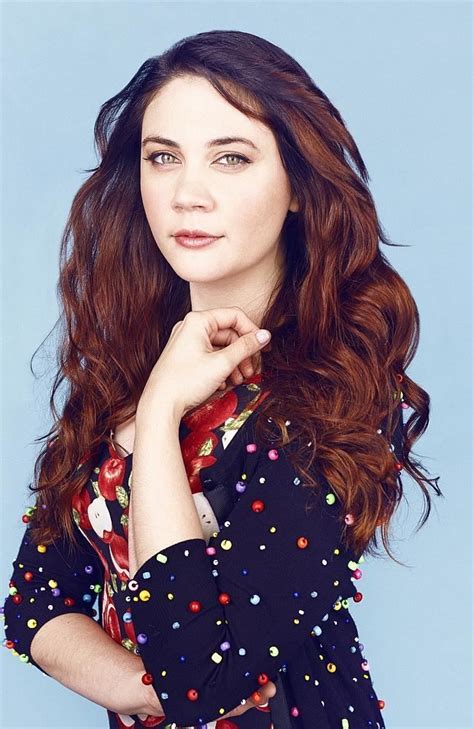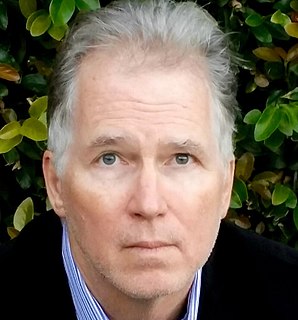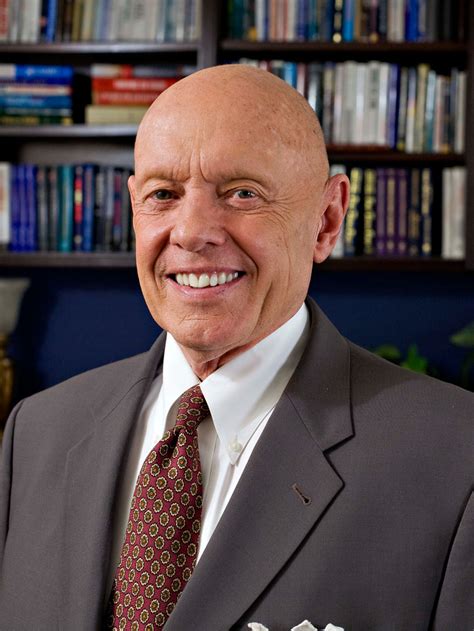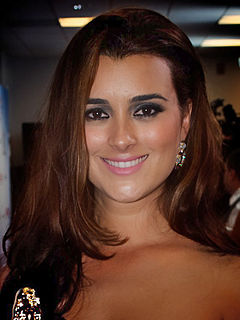A Quote by Barack Obama
[My grandmother] is a typical white person.
Quote Topics
Related Quotes
My life was typical. I played a little Little League baseball. I never wanted for food. I always had shoes. I had a room. There were no great tragedies. There were the typical ups and downs but I wouldn' t say it was at all sad. We were Jewish and living in the suburbs so there was a slightly neurotic bent to it, but I can't point to anything where a boy overcame a tragedy to become a comedian. As my grandmother used to say, 'I can't complain.
I asked my grandmother how a Hungarian Jewish person can experience being Jewish. My grandmother answered was the only choice was to "keep quiet." I can understand her because she was a Holocaust survivor, and for her survival, she had to keep quiet. But I didn't obey my grandmother when I was a child, and in this case, I don't obey her either.
I think that's what we don't understand as human beings is this is America. It's a democracy. Once we get whoever we want into the White House, even the person we want to get in the White House doesn't get in the White House. We have every right to not only criticize that person but demand that person does what it is we need to get done. That just happens with us mobilizing and us using our voices to talk to the mayors, the governors and the presidents.

